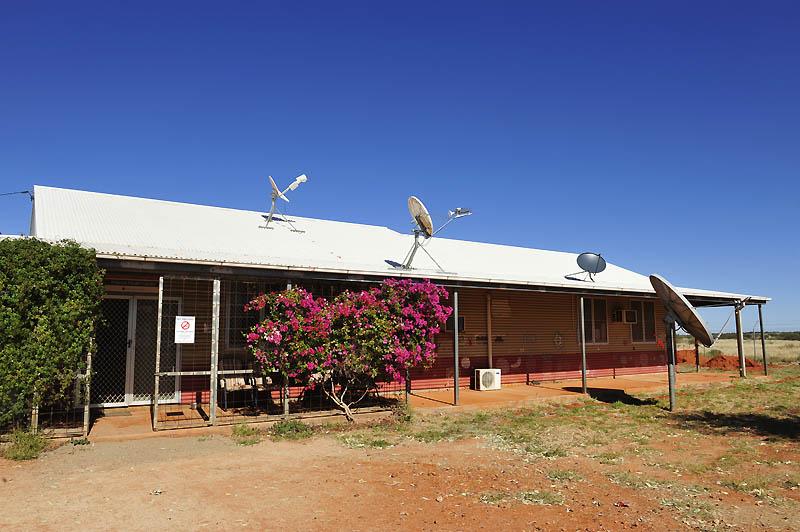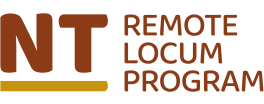
Based in Toowoomba, Queensland, 58 year-old General Practitioner Dr Tony Ferris readily agreed to undertake a RAHC placement in Lajamanu, a community 550 kilometres south west of Katherine.
The medical facilities available, although slowly improving, did not provide the standard or variety of facilities Dr Ferris was used to in Toowoomba, but he relished the challenges this presented.
“I was often using and relying on my own clinical skills in this environment, a lot more than I normally would in my general practice,” Dr Ferris said.
Dr Ferris had had a desire to return to the Northern Territory since working there a few years earlier. However like many health professionals, he couldn’t easily leave behind his family commitments and a busy general practice, even for a short time.
“Trying to organise oneself to actually get out there is the first barrier,” he said.
But Dr Ferris believes contributing to the improved health and wellbeing of Indigenous children, young people and families as well as improving access to services and health outcomes for Indigenous Australians makes the journey and organisation worthwhile.
“The most rewarding part of my placement with RAHC was to be directly involved in the process of ‘closing the gap’,” Dr Ferris said. “I loved the remoteness and I have always had an interest in remote Aboriginal health and Indigenous culture. I really wanted the opportunity to give something back to this community”.
In comparison to his previous healthcare experiences in the Northern Territory, Dr Ferris believes the work offered by RAHC is much more of a primary healthcare service.
“Working with other healthcare workers in the NT was generally a satisfying experience, particularly the district medical officers who were very helpful and positive towards the work we were doing”.
Tony believes providing support to the hard-working permanent health workforce in remote Northern Territory communities through the RAHC initiative will ultimately benefit Indigenous communities.
“From a psychological point of view, many women in the community feel like they’re being supported and are not as forgotten out there as they have previously felt. The children too will benefit from health checks and the subsequent follow up of the overall initiative,” he said.
His advice for any other doctors thinking of going to the Northern Territory is simple: “Get out there”.
Would you like to share your RAHC experience with other Health Professionals? We are always looking for RAHC Health Professionals to tell us about their experience, by preparing a RAHC story. If you are willing to share your story, please contact your Placement Consultant or email us.
